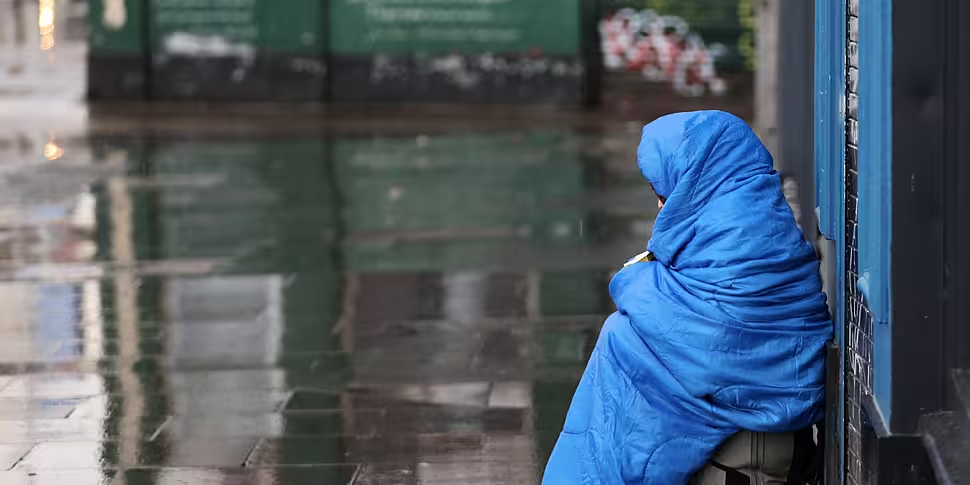Dublin is 'on the cusp' of accommodating almost all rough sleepers who are on the streets.
That's according to the head of the Peter McVerry Trust, Pat Doyle.
He was speaking as as figures released by the Dublin Region Homeless Executive (DRHE) show the Spring Rough Sleeper Count, which took place at the end of March and early April, found 92 people sleeping rough across the region.
This figure is a reduction on the 125 people recorded in Spring last year.
Mr Doyle told Newstalk Breakfast they are very pleased at the decrease.
"Nobody wants to see anybody on the street... to have a 27% reduction is fantastic.
"I suppose what's hidden in all that, that people don't see, is that of the people that were on the street last December/November when we last did the count, only 13 of them remain on the street.
"Now 13 is 13 too many - but that means that 81 of those that were on the street in November have already found some type of homeless solution either in emergency accommodation, long-term support accommodation or Housing First.
"I think we're on the cusp of getting rid of this altogether - it would be great to see our capital city without rough sleepers.
"You'll always have people coming in, but it would be good to see them coming out as quick as they are".
He adds that when people get into the Housing First programme "you've a 96% chance of staying in that... and never going back to rough sleeping".
Housing First has seen more than 420 people put in permanent, key-to-the-door accommodation in Dublin alone.
'Working with 2,500 Ukrainians'
Mr Doyle also says the homeless charity is working with about 2,500 Ukrainians.
And he says Ireland will have to meet the challenge of housing refugees.
"I think we're going to have to meet it, and the Trust - like lots of organisations - are stepping up.
"I think at the moment we're working with about 2,500 Ukrainians, and we weren't working with them in January.
"We're trying to find accommodation for them, and offer emergency accommodation in the short-term.
"I think the challenge will be, for all of us, is to make sure that we've enough medium to long-term housing for the Ukrainian refugees.
"And for our homeless population leaving homeless services - we have close to 10,000 people in homeless services at the moment.
"They all require one thing: a key to the door".
He adds that medium-term plans will be needed if the Russian war continues.
"If this war does drag on and if the level of destruction continues, it will take years to build back up the infrastructure in parts of Ukraine.
"And therefore people will be with us for two to three years - and so we'll need medium-term plans around housing, as well as emergency plans.
"I don't think we have a choice except to step up".
He says the charity is dealing with the Departments of Justice, Children and Housing on a daily basis.









